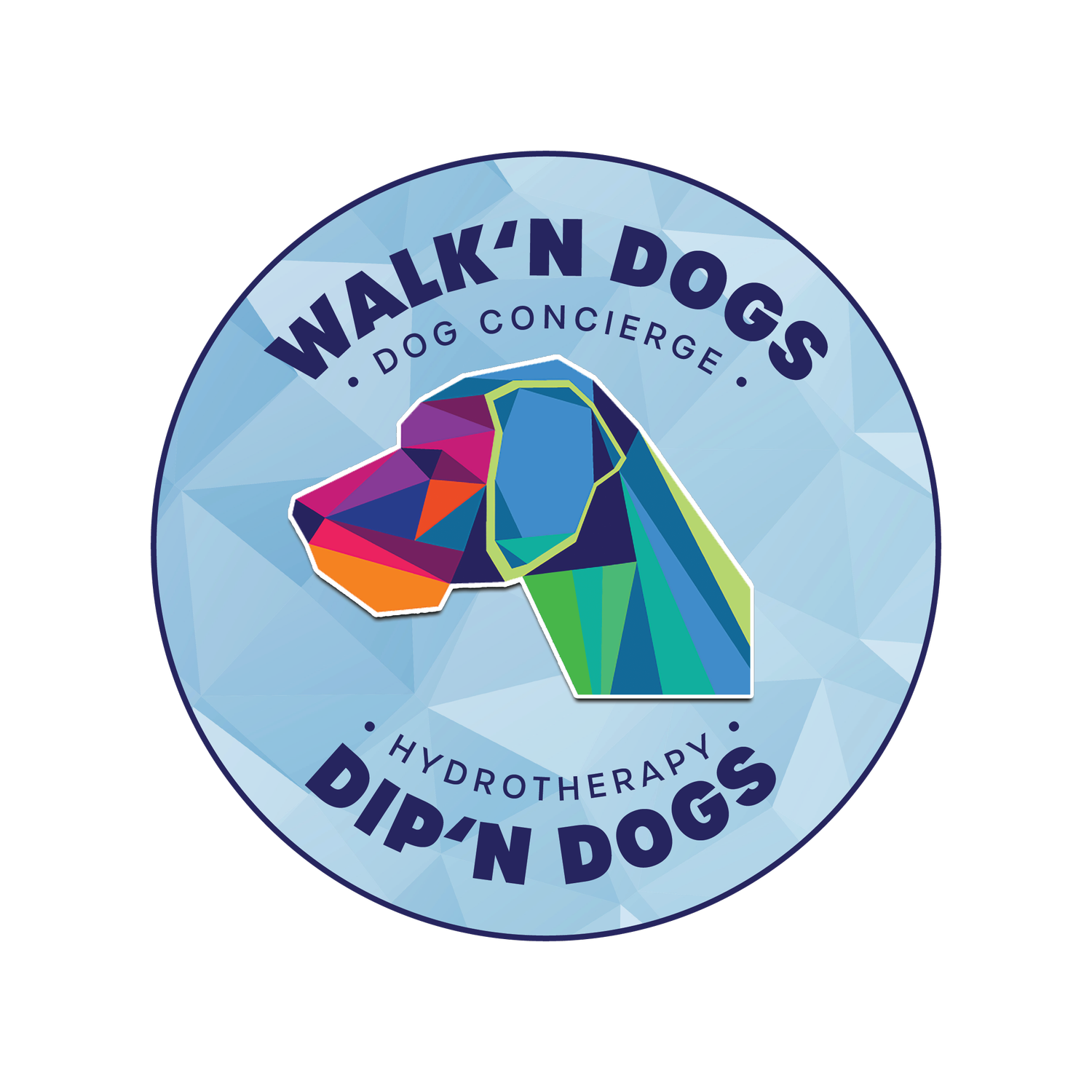Raising Awareness: March is Pet Poison Awareness Month
As pet owners, we strive to provide the safest and happiest environment for our furry friends. However, amidst our efforts, there are hidden dangers that can pose serious threats to our beloved pets. March is recognized as Pet Poison Awareness Month, a time dedicated to educating pet owners about potential hazards and taking preventive measures to keep our companions safe. In this blog, we'll delve into the significance of this awareness month and explore ways to protect our pets from common household toxins.
Understanding the Importance of Pet Poison Awareness Month
Every year, countless pets suffer from accidental poisoning, often due to exposure to substances commonly found in households. From everyday foods to household cleaners, medications, and plants, there are numerous potential hazards lurking in our homes. Pet Poison Awareness Month serves as a reminder for pet owners to remain vigilant and knowledgeable about these dangers.
Common Household Toxins:
Foods: While some human foods are safe for pets, others can be toxic. Chocolate, grapes, onions, garlic, and xylitol (an artificial sweetener) are just a few examples of foods that can be harmful to dogs and cats.
Household Cleaners: Many household cleaners contain chemicals that can be toxic if ingested or inhaled by pets. These include bleach, ammonia, and certain detergents.
Medications: Over-the-counter and prescription medications can be dangerous for pets if ingested accidentally. Pain relievers, antidepressants, and cold medications are among the most common culprits.
Plants: Some plants, such as lilies, tulips, azaleas, and poinsettias, can be toxic to pets if ingested. Even common household plants like philodendrons and peace lilies can cause harm.
Preventive Measures to Protect Pets:
Educate Yourself: Familiarize yourself with common household toxins and keep potentially harmful substances out of reach of your pets.
Proper Storage: Store medications, cleaning products, and other hazardous substances in secure cabinets or areas inaccessible to pets.
Pet-Proof Your Home: Conduct a thorough inspection of your home to identify potential hazards and take steps to eliminate or minimize them.
Be Mindful of Plants: Research plants before bringing them into your home to ensure they are safe for pets. Consider keeping toxic plants out of reach or opting for pet-friendly alternatives.
Pet-Safe Products: When selecting household cleaners, opt for pet-safe alternatives that are free of harmful chemicals.
The Role of Veterinary Care
Regular veterinary check-ups are essential for maintaining your pet's health and well-being. During these visits, discuss any concerns you may have about potential hazards in your home and seek guidance from your veterinarian on how to keep your pet safe. In the event of a suspected poisoning, contact your veterinarian or an emergency veterinary clinic immediately.
Pet Poison Awareness Month serves as a valuable opportunity to raise awareness about the dangers of household toxins and the importance of taking preventive measures to protect our pets. By educating ourselves, pet-proofing our homes, and being vigilant, we can help ensure the safety and well-being of our furry companions year-round. Let's make every month a safe and happy one for our pets.

